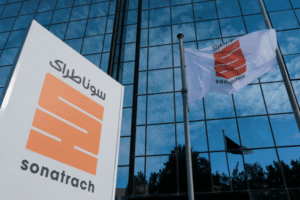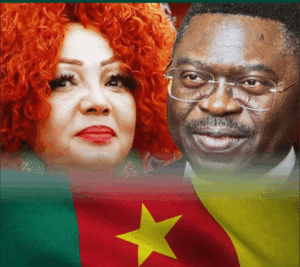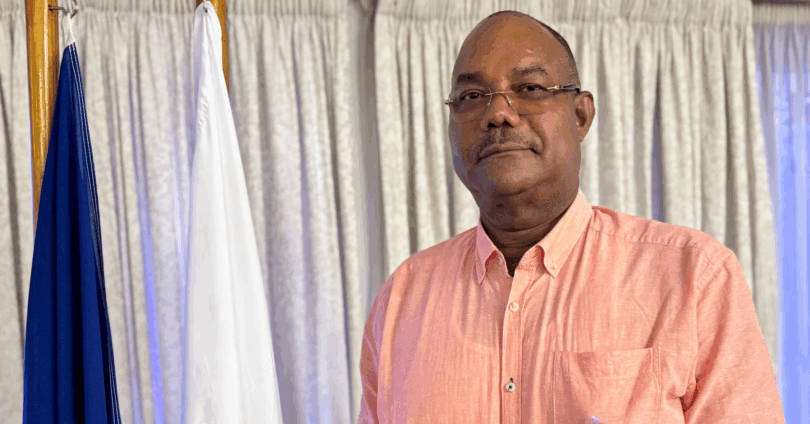Ghana’s economy may be looking healthier on paper, but that recovery hasn’t reached the wallets of ordinary citizens.
That’s the warning from economist and lecturer at the University of Ghana Business School, Professor Patrick Asuming.
Speaking on PM Express Business Edition on JoyNews, Prof. Asuming cautioned against over-celebrating recent improvements in key macroeconomic indicators when most people are still struggling to keep up with rising costs.
“It seems to me that the financial and the monetary side of the economy has performed better, and the real side seems to be lagging,” he said.
“There’s a disconnect between how people are perceiving the economy and what the macro numbers are telling us.”
He explained that while inflation is coming down and the Producer Price Index (PPI) has dropped from around 18 to 10 per cent, that doesn’t mean prices are falling.
“Prices are still rising. They haven’t declined. The rate of increase has reduced, but that’s not the same as things getting cheaper,” he said.
Prof. Asuming said recent gains in the cedi, improvements in foreign reserves, and falling Treasury bill rates are signs of financial stabilisation.
But he warned that these gains don’t necessarily translate into relief for businesses or households.
“The currency has strengthened, yes, but look at the other components of production—tariffs are going up, wages are not going down, and domestic production costs keep rising,” he explained.
He said that the overall economic picture looks better, largely because government has acted quickly to put its finances in order.
“Government has done well on the fiscal side. Our reserve position has improved, partly from policy direction and partly from luck with global prices of our exports.
“But when you dig deeper, it’s clear that the real economy, the part that touches people’s lives every day, isn’t recovering at the same pace.”
Prof. Asuming pointed to the GDP numbers for the first quarter of 2025 as a clear example.
“Yes, GDP outperformed expectations, but when you break down the numbers, you see that five out of the 20 sub-sectors of the economy actually saw a decline.
“The ones that grew had more weight, so they pushed the overall number up. But that masks some real weaknesses.”
He stressed that focusing too much on headline numbers can give a false sense of progress.
“We shouldn’t assume that a decline in inflation means prices are coming down or that the economy is booming just because the macro indicators look better,” he said.
“People are still under pressure. The average Ghanaian isn’t yet feeling the recovery.”
Prof. Asuming said it’s crucial to close the gap between the financial recovery and improvements in daily living conditions.
“Until the real side of the economy starts catching up, people will continue to feel that we are recovering on paper—but not in their pockets.”
Source: Abubakar Ibrahim














